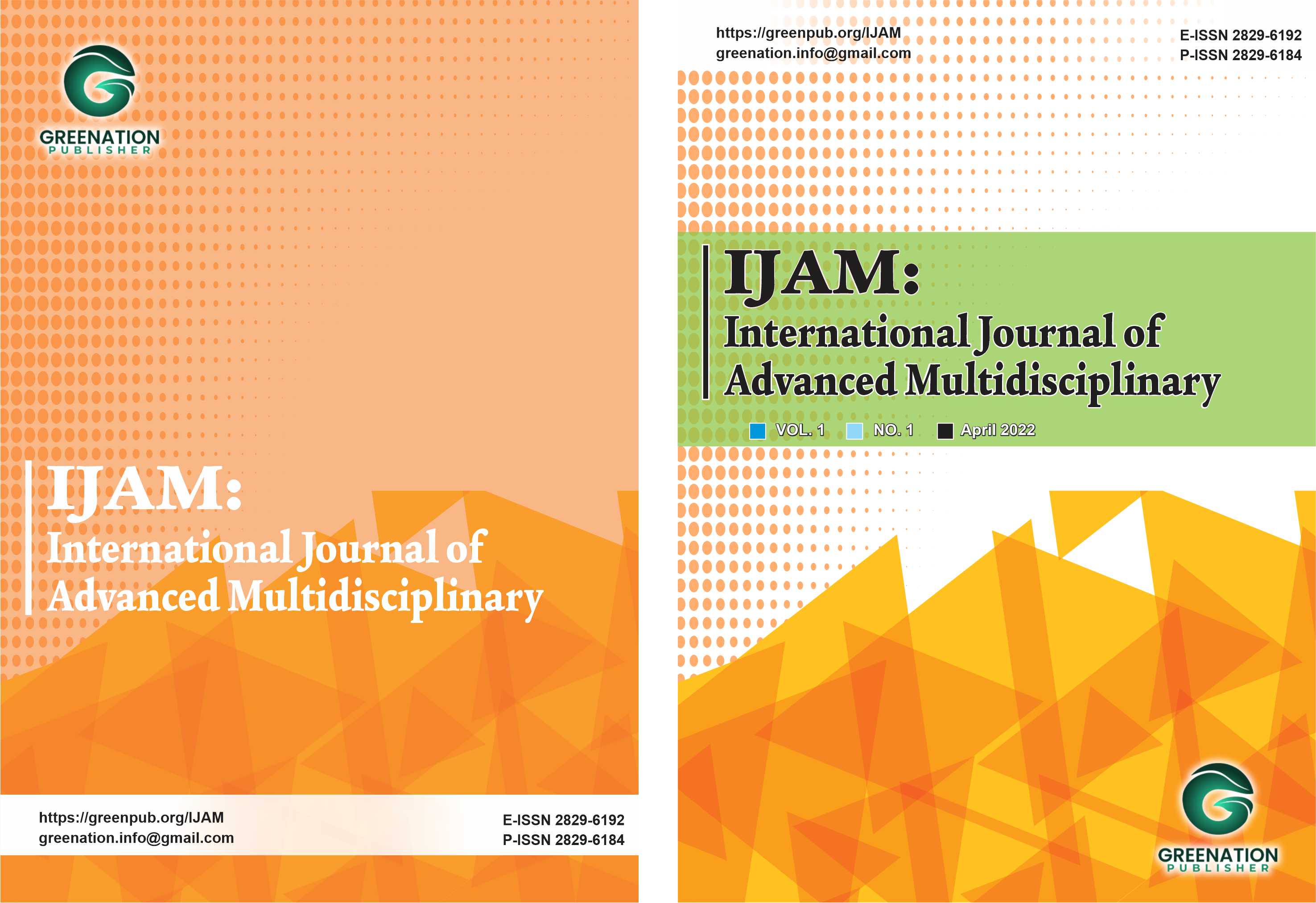Efforts To Sustain Fresh Water Production in Order to Improve The Performance of Fresh Water Generator On The Mt. Rubra
DOI:
https://doi.org/10.38035/ijam.v2i2.303Keywords:
Fresh Water Generator, Evaporator, Decreased Production, Fresh WaterAbstract
Fresh water generator is an auxiliary aircraft aboard a ship that produces fresh water by evaporating seawater in the evaporator and the seawater is cooled by condensation in a distillation vessel or condenser (condenser), thus producing condensed water called condensate. Fresh water generator running optimally is one of the important factors to support ship operations, especially the results of the fresh water generator used for cooling systems and daily needs on board. This study aims to find out the causes of the problems and efforts that occur in the fresh water generator so that it can maintain fresh water production results in the fresh water generator. While data analysis is to identify the data set that has been obtained, so that the data can be analyzed and the purpose is analyzed in order to get a clearer picture in the preparation of this research both from the problems and the final results. It is hoped that this research research can produce ideas, solutions and appropriate problem solving, both in observing and dealing with the problems raised in this study. Based on research on fresh water production on fresh water generators in MT. Rubra has decreased from 19 tonnes/day to 12 tonnes/day. This is caused by the occurrence of salt deposits on the evaporator plate so that evaporation becomes late and the low pressure of sea water leading to the fresh water generator causes fresh water production to decrease
References
Ajrieh, Setyawan and Andreas, Krisyadi, Mandik. 2016. Heat Efficiency Analysis of IPLR Evaporation System.
Buchori Luqman. 2004. Textbook of Diponegoro University Heat Transfer.
Cholis Imam Nawawi, Anicitus Agung Nugroho and Yohandio Febrilianto. 2022. Optimizing Fresh Water Generator Performance to Increase Fresh Water Production on Ships.
Goenawan, Danuasmoro. 2003. Treatment Management. Jakarta : Bina Samudra Foundation.
Jackson, Leslie and Morton, Thomas D. 2013. Reed's General Engineering Knowledge For Marine Engineers.
Jusak Johan Handoyo. 2012. Ship Maintenance and Repair Management. Yogyakarta: CV Budi Utama.
Kodoatie, Robert and Syarief, Roestam. 2010. Water Spatial Planning. Yogyakarta: Andi Yogyakarta.
Manual BookFresh Water Generator Desalt Type JWSP-26-C80/100, ALVA LAVAL.
Nelly Ana Mufarida. 2016. Heat & Mass Transfer in Spay Dryers. Jember: CV Pustaka Abadi.
Peureulak, I., Physical and Chemical Properties of Seawater, accessed on November 12, 2022,http://jenieb-nautika.blogspot.com/2009/10/juang-tips- and-chemical-air-laut.html
Achievement. 2017. Research Methods. Jakarta Islamic University.
Sugeng Abdullah. 2005. Utilization of Solar Energy Distillator (Solar Energy) To Produce Fresh Water From Sea Water. Gajah Mada University Graduate School Research Report. Yogyakarta.
Suparwo Sp. 2013. Machinery on Commercial Ships. Jakarta : CV Surya Efrindo
Downloads
Published
How to Cite
Issue
Section
License
Authors who publish their manuscripts in this journal agree to the following conditions:
- The copyright on each article belongs to the author(s).
- The author acknowledges that the International Journal of Advanced Multidisciplinary (IJAM) has the right to be the first to publish with a Creative Commons Attribution 4.0 International license (Attribution 4.0 International (CC BY 4.0).
- Authors can submit articles separately, arrange for the non-exclusive distribution of manuscripts that have been published in this journal into other versions (e.g., sent to the author's institutional repository, publication into books, etc.), by acknowledging that the manuscript has been published for the first time in the International Journal of Advanced Multidisciplinary (IJAM).






















